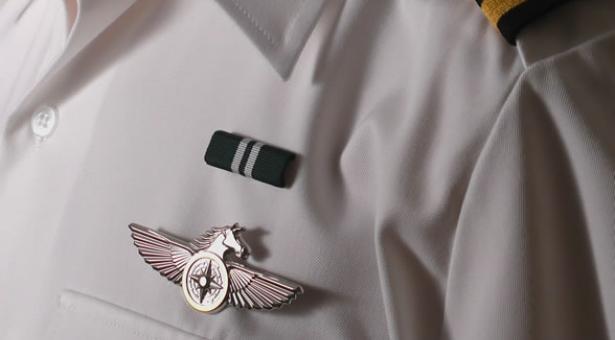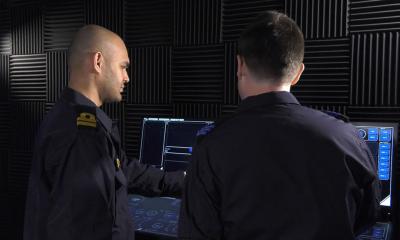

Providing the skills and experience necessary to undertake deep space missions is as high a priority for the ISDC as building Endeavour.
Training
The ability to fly and defend the vessel will be vital to supporting exploration, all of which will require a well trained crew.
System Rating
The vessel will be made up of a number of systems which suitably trained crew will be required to operate. The core focus of ISDC training is to become rated on (qualified to operate) a particular system.
Each system has a training program associated with it. On successfully completing that program, a crew member will be considered rated on that system, which means they're qualified to operate that system onboard (initially in the simulator).
A crew member's ratings are displayed on their profile page.
Qualification
Once a crew member is rated on a system they can seek to increase their level of qualification for that rating through a combination of logging mission hours in the simulator and undertaking more advanced training programs.
A rating has a basic qualification level when initially awarded. The next qualification level is advanced and the highest qualification level is master. These higher qualification levels are recognised with uniform inisgnia.
Achieving a higher qualification level allows a crew member to operate that system on more advanced missions (missions are categorised by the level of qualification needed to undertake them). Higher qualification also allows greater access and input to system design and, of course, an increase in rank.
The requirements for achieving higher qualification levels vary between specialisations.
Training, Qualification and Rank
Senior roles on the vessel typically require a combination of system ratings and levels of qualification. This is only relevant to active duty aboard a vessel and for more advanced mission scenarios which require multiple crew specialists.
For example to stand a watch as a tactical officer requires being rated on multiple tactical and navigation systems and having logged a minimum number of mission hours on those systems.
Rank is awarded based on experience and qualification and so is an indicator of suitability for these kinds of roles. A head of department aboard a vessel must hold the rank of at least lieutenant while to stand watch as a specialisation chief (supervisor) a crew member must hold the rank of chief petty officer.
The roles available and the training and qualification needed to undertake them are guided by the various career tracks available.
The Academy
 The ISDC’s Fleet Training and Research Academy – known simply as the Academy – provides training and development opportunities for the crew.
The ISDC’s Fleet Training and Research Academy – known simply as the Academy – provides training and development opportunities for the crew.
The Academy delivers online training programs consisting of video seminars supported by reference materials for each vessel system. Programs typically include practical training evolutions for crew to apply their new skills supported by Academy instructors.
Once rated on a system, crew members will then have access to a sophisticated simulation facility that will allow them to build practical experience across a wide range of mission scenarios.
To facilitate this, crew are encouraged to form crew teams with complementary ratings to make it easy to run a range of missions. As well as honing their skills, mission hours in the simulator are logged and contribute to a crew member's qualifications.
Depending on the mission a crew can match wits with Mission Operations or compete directly other crew teams.




